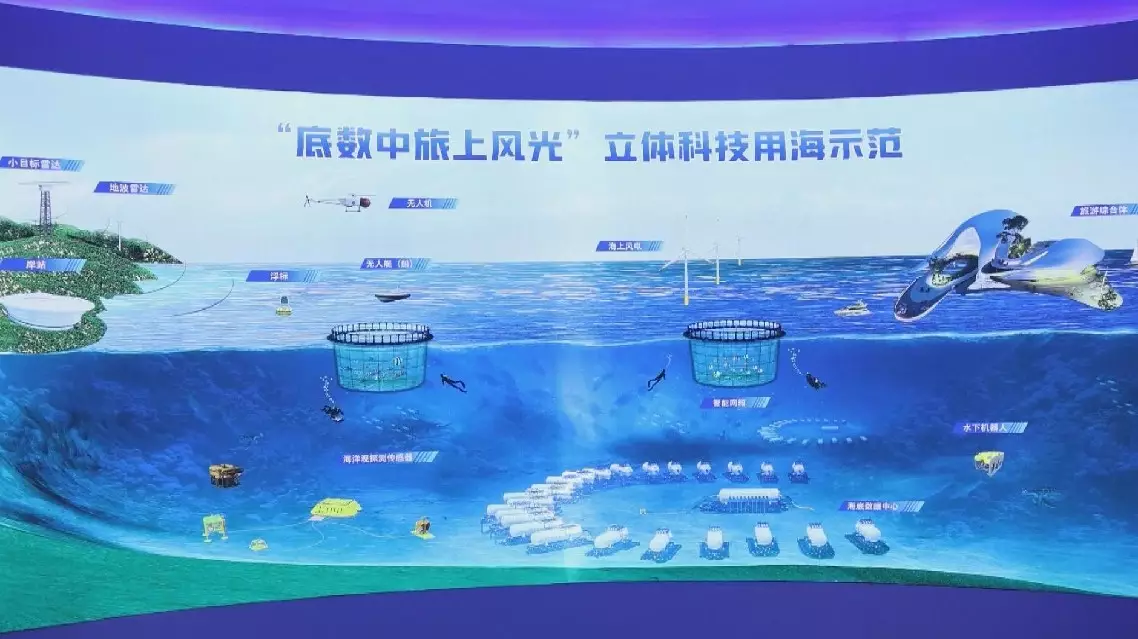The U.S. decision to block acquisition of U.S. Steel by Japan's Nippon Steel is an act of protectionism, said a Japanese economist.
U.S. President Joe Biden rejected the purchase deal for Nippon Steel to acquire Pittsburgh-based U.S. Steel on Friday, sparking discontent in Japan, with many believing that the interference was unjustified.
Hidetoshi Tashiro, chief economist at Japan's Infinity LLC., said measures that prevent Japanese companies from entering the U.S. market may weaken economic ties between Japan and the U.S. at the foundational levels, as seen in past cases involving industries like semiconductors and automotive.
"It is difficult for Japan to deal with U.S. protectionism on its own. That was the case in the past with the semiconductor industry. And it also happened with the automotive industry. It can't be ruled out that Japanese companies that have entered the U.S. market may quietly withdraw from the United States before the situation worsens. So, in that sense, this is weakening the economic relationship between Japan and the United States at the corporate level, also the fundamental level," he said.

U.S. decision to block Nippon Steel's offer to acquire U.S. Steel an act of protectionism: Japanese economist

U.S. decision to block Nippon Steel's offer to acquire U.S. Steel an act of protectionism: Japanese economist

U.S. decision to block Nippon Steel's offer to acquire U.S. Steel an act of protectionism: Japanese economist

U.S. decision to block Nippon Steel's offer to acquire U.S. Steel an act of protectionism: Japanese economist
China is accelerating the commercialization of marine scientific and technological achievements and fostering new quality productive forces by boosting support for small and medium-sized enterprises (SMEs) in the marine sector, with a focus on investment and financing to drive industry growth.
The development of marine industries is marked by substantial investments, high risks, and slow returns. However, with strong national support, some companies, such as Zhejiang Startest Marine Science and Technology Co., Ltd. in east China, have achieved notable success.
The company is a national high-tech enterprise specializing in the independent research and development of underwater sonar detection equipment and underwater information data systems.
It now holds more than 210 intellectual property rights for its designs.
"We are now fully capable of replacing similar foreign imported products with our own ones, thereby overcoming the bottleneck in production caused by foreign product embargoes," said Su Xiaoyang, president of Zhejiang Startest Marine Science and Technology Co., Ltd.
While some marine SMEs, such as Shenzhen HiCloud Data Center Technology Co., Ltd., China's first underwater data center equipment and service provider, have mastered core technologies, a gap remains compared to international standards. As a result, continuous investment is necessary for them to overcome critical technological challenges.
"The Underwater Data Center Pilot Project is a new infrastructure initiative requiring a significant initial investment and scale effects. However, both users and investors in the market still lack a comprehensive understanding of the project's strategic significance, including the technical risks associated with emerging technologies," said Pu Ding, general manager of the Underwater Data Center Pilot Project in Hainan under Shenzhen HiCloud Data Center Technology Co., Ltd.
To address the challenges faced by marine SMEs in securing investment and financing, the Ministry of Natural Resources (MNR), along with the Shenzhen Stock Exchange, has organized a series of roadshows since 2016. Over 200 marine SMEs and innovation teams have participated, securing more than 3 billion yuan (around 409.8 million U.S. dollars) in financing.
In addition to these efforts, the MNR, in collaboration with the Shanghai Stock Exchange, launched China Ocean Economy Stock Price Index in 2024, covering 20 marine and related industries.
"This is the first domestic comprehensive index in the marine sector, covering all the markets of Shanghai, Shenzhen, Beijing, and Hong Kong. It provides timely insights into the operational performance of listed companies in the marine industry and plays an important role in promoting the efficient allocation of financial capital to the marine real economy," said Feng Lei, deputy director of the Ocean Strategic Planning and Economic Department under the Ministry of Natural Resources.

Small marine firms accelerate commercialization of sci-tech achievements under greater policy support













